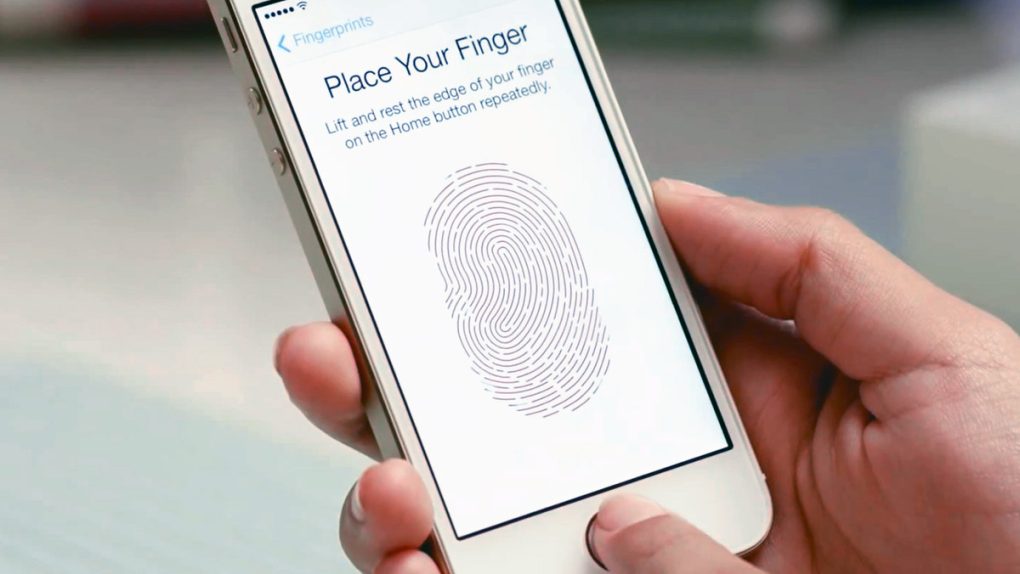A district court in Illinois has ruled that law enforcement may force people to use their fingerprints to unlock Apple devices during the search of a house. The ruling overturns a decision from a lower court, and marks a significant increase in the steps cops can take to force people to unlock devices.
The ruling only applies in one particular case, with a very specific set of circumstances. Police officers had already obtained a warrant to search a house, looking for child pornography. They expected to find at least one iPad and one iPhone on the premises, and wanted to be able to force any occupants found on the premises to unlock the devices using Touch ID during the search.
The rationale was that the cops already had a search warrant for the house and for the devices, and that they had a reasonable suspicion that any devices found would belong to the people in the house at the time of the search. They also stressed the fact that due to mobile device encryption, using Touch ID during the search would be the only chance they’d have to unlock the devices:
There’s a time-urgency with trying Touch ID to unlock a device. If more than 48 hours have passed since the last time the device was unlocked, Touch ID will not work — the passcode must be entered. If a user remotely locks the device, Touch ID will not work. If a device has been turned off or restarted, Touch ID will not work. So to take advantage of this potential way of unlocked an iPhone or iPad, the government asks that the four residents of the home — if the are present during the search — be required to press fingers, chosen by the government, to the Touch ID sensor.
Courts have been grappling for the past few years with questions of encryption, fingerprints, and constitutional rights. Companies, including Apple, have been dragged into the fight, and different courts have issued vastly different rulings on the matter.
This ruling sets a precedent for forcibly unlocking phones using fingerprints in a particularly narrow set of circumstances. Law enforcement already has a search warrant for the premises, and they’re operating on a limited time-frame. It’s the most reasonable set of circumstances under which the government would consider forcing someone to unlock a device; if the ruling stands, however, it would crack open the door to far more invasive searches, which will have to be closely monitored.









